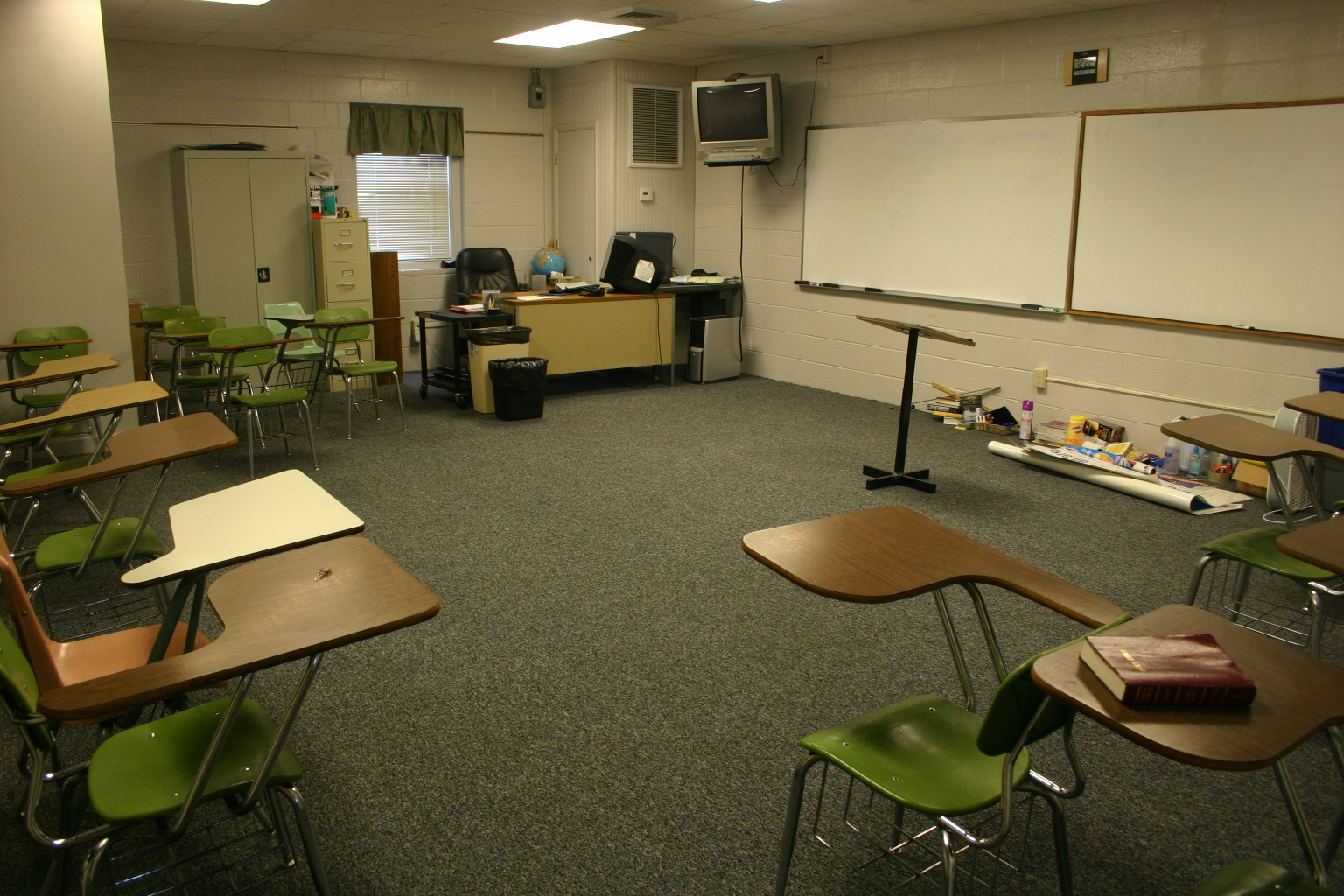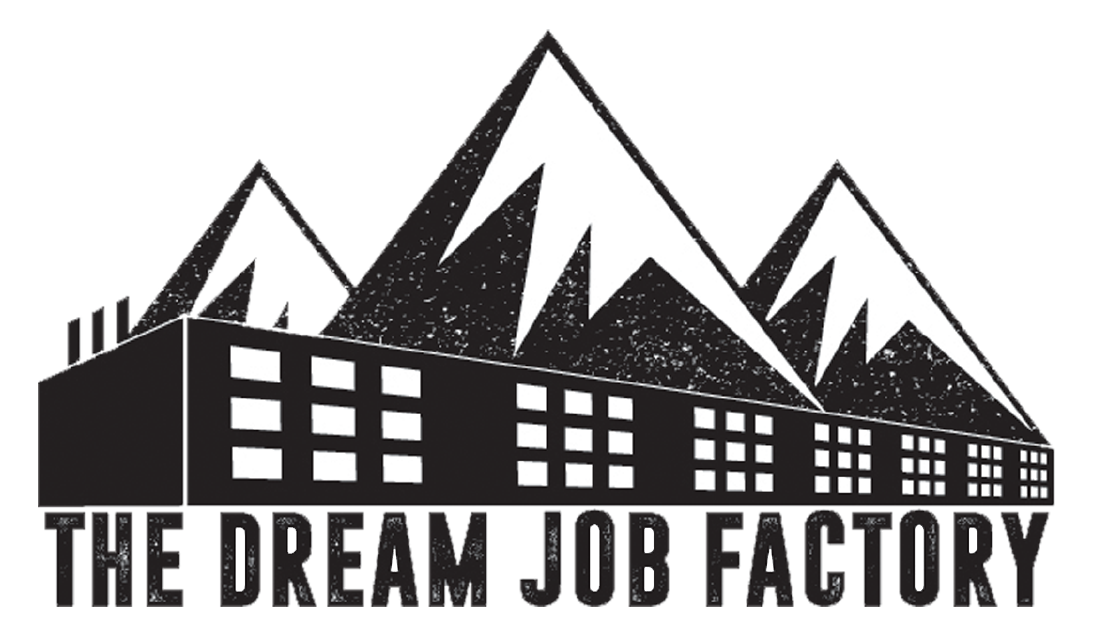
Mark Twain once said that “The two most important days of your life are the day you are born and the day you find out why.” It’s one of the basic desires seen in humanity – the idea that we have a purpose in life and we want to know why we are who we are and what effect we are to have in this world.
You as a parent, mentor, teacher, counselor, or coach understand this concept of purpose because your main job is the development of others. Yes, you can concentrate on your own needs and growth in doing your job better, but the reason – the “why” you were born – centers on the students and young people you hope to help mold into prosperous members of society, team players, and educated individuals that could become self-sufficient.
There probably is no harder task in today’s world than defining who we are against the background of what this world gives us. Students today have so many options, that it’s laughable to think that they will be able to figure out what they want to do with their lives by the time that they finish their formal education – whether it be high school, college, or advanced graduate work. However, there are clues that help them along the way – things that they can watch out for that might lead to a greater calling.
The Dream Job Factory was created to help students find those clues and develop ideas about what they desire, then take their education and use it to their advantage in focusing those dreams into careers. It was also formed to help parents mentor their children along those same lines and give them some tools to become successful adults and live lives that were meaningful to them.
That’s something that I have to emphasize as this endeavor gets off the ground. This task that I have applied myself to is not about me in any way. It’s about giving the best I have to students and parents from a life – and an education – that has produced and enjoyed deep and fulfilling memories. And I hope to pass on what I have learned to you, beginning with why I’m doing this.

To be honest, the day I believe I found out why I was born was in a classroom in 2009, when a bunch of students (10th graders) were clamoring around in my classroom in the last part of the day talking about what their parents were starting to become concerned about: life after high school. At this point in my life, I was 14 years removed from a day when I very legitimately concluded that I deeply wanted to become an NCAA Division I broadcaster. I had been “bitten” by the sportscasting drug (more on this in a later post) and I had a desire to do that professionally which is very difficult to do.
However, when it came to these high school sophomores, I saw two needs. One need was that innate desire to figure out what they should do with their lives. The other was to figure out how what this thing called “school” was and what effect it could have on their failure or success in life.
This struck me because I had gotten no formal training or accredited instruction as to how to be a sportscaster, I was learning on my own and watching and learning from those I saw on television or listen to on the radio or the internet. I was a 35-year-old history major that struck out on my own 11 years earlier to try and crack the code with no help. In other words, a 22-year-old college graduate with a degree in broadcasting would probably advance much quicker in this industry than I would. However, I made a pact with myself that I would never give up – and I never did.
It was then that with my dream job goal in hand, I decided that even if I never made it to my goal, I was going to help students reach their goals. And, perhaps more importantly, show them how their education – as misunderstood as it was – was actually the springboard to living their professional dreams.

Through an exercise we did that day in that classroom – which eventually became one of those happy accidents when you discover something that you find to be true about life – I found what I thought was a key to helping students on those two lines. A year later, I earned a Graduate Assistant for Broadcasting position in the Campbell University athletics department where I centered my master’s degree class selections on my theory and created what would become, The Dream Job Blueprint. The position I had earned allowed me to be that NCAA Division I sportscaster for 2 years, but I had to resign when I graduated. A few months after my graduation, Campbell opened the position again, this time as a full-time placement, and I got the job.
I stayed at Campbell for five strong years and I drank deeply in getting to do many things I thought I would never do and gained skills I always wanted but never developed. It was everything I wanted out of a position. I even got to speak many times to Campbell students on the subject of identifying a dream job and counseled students in the process. Unfortunately, I had to be let go due to budget cuts, but that led me to the freedom to be able to bring The Dream Job Factory to you for I don’t think I could have done it while working a job and working for an institution I admired so much, and still do.
So, after many years of reading and talking and researching and writing, not to mention a life struggle of 18 years of experience and rejection it took me to earn my dream job, I bring The Dream Job Blueprint to you – a work that has been 13 years in the making. And through my life experiences and what I know of myself, I can say with great confidence that I will do this work of helping young people focus their dreams into careers through education.
Or, to put it another way, to help students experience the second most important day of their lives.

